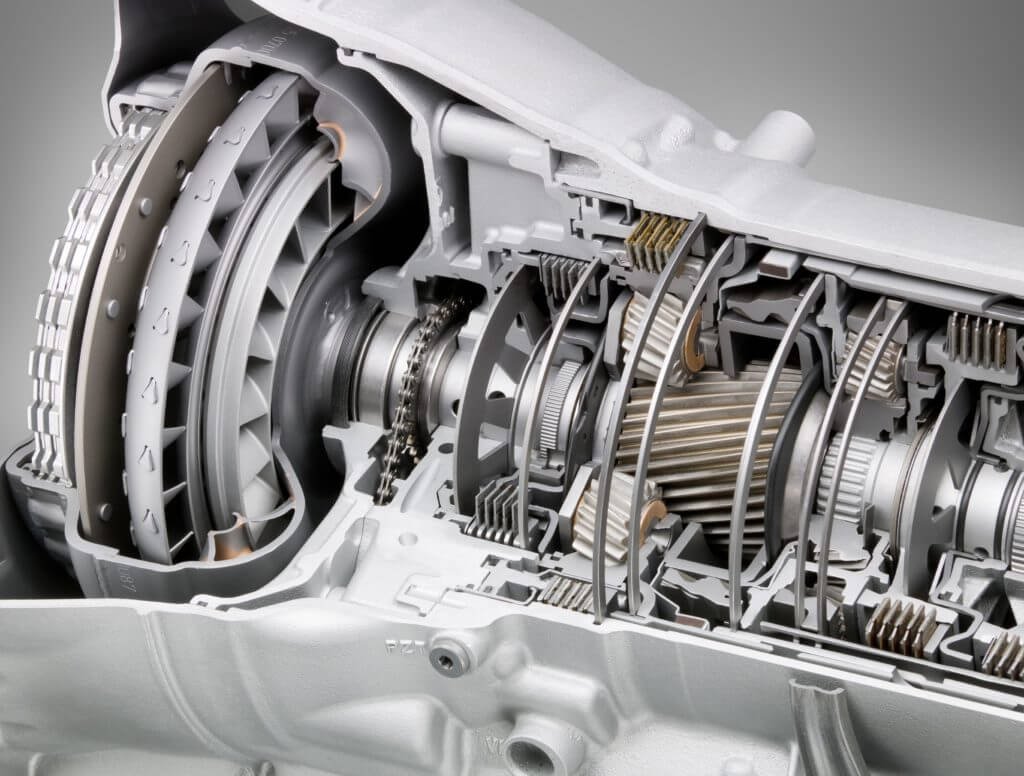If your Audi car has suddenly started behaving in an abnormal manner when shifting gears, then you may be facing a gearbox failure. The gearbox, or transmission is a very important part of the engine system that enables your car to shift gears smoothly.
If the gearbox fails, it can cause problems like trouble shifting gears, strange noises, or even total breakdown. A gearbox problem can be extremely frustrating and dangerous if you don’t fix it right away. Now, let’s see why Audi gearbox malfunctions happen and how to fix them in order for you to keep your car on the road.
What Does Audi Gearbox Malfunction Mean?
If the gearbox of your Audi car does not work, it means that there are problems with a system which allows for changing gears smoothly. The gearbox is like a puzzle where every piece should be in its place for your car to drive smoothly. When something goes wrong, it is like a puzzle piece getting stuck or broken that makes your car unable to shift gears properly.

This can turn driving into an ordeal and even dangerous, therefore it should be fixed by a professional mechanic as soon as possible. If gearbox problems are not fixed, this can lead to even bigger issues and expensive repairs in the future. So, when you notice your Audi displaying a gearbox malfunction message, it’s time to do something and get help from a professional.
5 Causes of Audi Gearbox Malfunction
1. Low Automatic Transmission Fluid
Transmission fluid is really important for lubricating the moving parts inside your 2010-2011 S4 automatic gearboxes, which makes it function appropriately. Gearbox malfunctions are caused by low transmission fluid levels that result in increased friction and overheating.

This problem can occur as a result of leaks, poor maintenance, or fluid getting worse over time. So, it is necessary to keep an eye on the transmission fluid levels in your Audi S4 and ensure that they are at satisfactory levels so as not to cause gearbox issues.
2. Faulty Sensors
New Audi cars have several sensors that help to monitor the gearbox and communicate with the car’s computer. In case any of these sensors malfunction or fail, they can send false signals to the computer and cause erratic gearbox behavior or even failure in shifting gears properly.

Even if a sensor isn’t working right, you can continue driving but it is important to fix the problem immediately so as not to cause more damage to the gearbox.
3. Electrical Problems
The gearbox in Audi cars is very much relies on electrical parts for its working. The gearbox’s normal operation can be disturbed by electrical problems such as corroded wiring, faulty solenoids, or control modules.

These issues may present themselves in the form of gear-shifting difficulties, delayed engagement, or even complete failure of the entire gearbox. This electrical fault may result in transmission malfunction that can cause potential system faults. If you have any of these symptoms, it is important to take your Audi for an inspection by a qualified technician to diagnose and repair the electrical problems as soon as possible.
4. Mechanical Wear and Tear
With time, the mechanical parts of gearbox such as gears, bearings and synchronizers will wear out because they are used regularly. This wear and tear may result in various issues including gear slippage, grinding noise while shifting or failure to select gears.

This kind of wear and tear may lead to gear malfunctions, which can generate fault codes like P179D00 for Audi Q5 or P1890 for Audi R8. These issues can be reduced by regular maintenance and timely replacement of worn parts to ensure proper functioning of your Audi gearbox.
5. Software Glitches
The gearbox in new Audi cars is controlled by advanced software that regulates its functioning. Nevertheless, just like any other software system, it may have malfunctions or bugs that can interfere with the performance of gearboxes. Such glitches could make the gearbox act erratically and cause malfunctions like jerky shifts or failure to engage gears properly.

In case you face a software-related gearbox malfunction in your Audi, it may be possible to reset the system following certain procedures provided either by reading through an owner’s manual or consulting with a professional technician. Knowing how do I reset my Audi gearbox malfunction can help me deal with minor software problems and return to normal functioning.
How to Fix Audi Gearbox Malfunction
1. Check Transmission Fluid Levels
The main reason for the failure of the gearbox is low or dirty transmission fluid. Malfunction occurs due to improper lubrication resulting from low fluid levels or dirty fluid which increases friction within the gearbox. To fix this problem, check the transmission fluid levels often and make sure they are by the manufacturer’s recommendations.
If the fluid is dirty or low, think about flushing it and filling it with fresh fluid as per Audi’s specifications. While considering the question of how much it costs to fix an Audi gearbox, it should be noted that such costs may differ based on whether repair or replacement is required and how serious the problem is.
2. Reset Transmission Adjustments
In certain cases, the gearbox failure in your Audi may be caused by bad transmission adjustments. These adjustments are parameters that the car’s computer stores and controls different aspects of transmission operation.
Resetting these adjustments can rebalance the gearbox and solve problems with rough shifting or hesitation. Refer to your Audi owner’s manual or consult a professional mechanic for the transmission adaptation reset. It is important to know what is a gearbox malfunction means for you to be able to diagnose and treat problems with the transmission system of your Audi.
3. Inspect and Replace Faulty Sensors
Faulty sensors can also contribute to gearbox failures in Audi cars, including models like the 2014 A3, 2009 and 2010 A4 and A5, 2012 A6, A7, A8, Q5, Q2, and Q7, well-appointed with transmissions such as the 3.0 TDI. Sensors responsible for monitoring transmission fluid levels, temperature, and pressure play a crucial role in ensuring smooth operation. If any of these sensors are faulty or send false signals to the computer system in a car, it can cause gearbox problems.
Carry out a detailed inspection of the sensors and replace any that are defective or damaged to ensure proper functioning. Maintenance and sensor checks should be done regularly to ensure the best performance of your Audi transmission system.
Conclusion
A gearbox malfunction in your Audi can be a worrying situation, but with the right approach, many problems have simple solutions. Through transmission fluid level checks, resetting adaptations, sensor inspection, fixing electrical issues, and professional help when necessary you can diagnose gearbox problems in your Audi effectively.

![Audi Gearbox Malfunction: Meaning & Causes [Fixed] Audi Gearbox Malfunction](https://carglitch.com/wp-content/uploads/2024/02/audi-gearbox-malfunction-768x432.jpg)